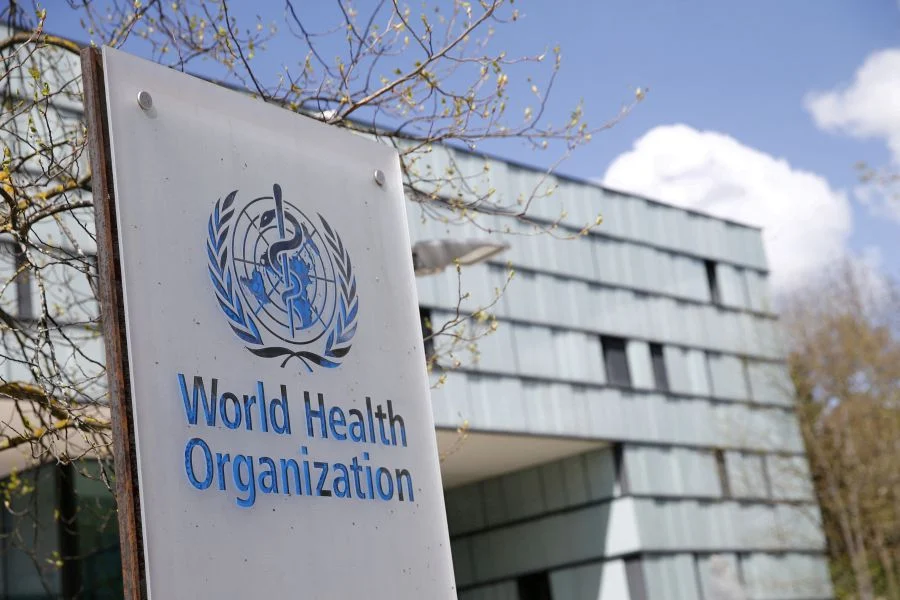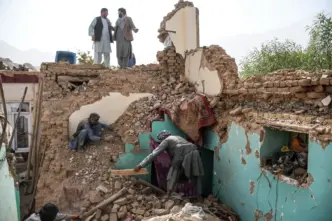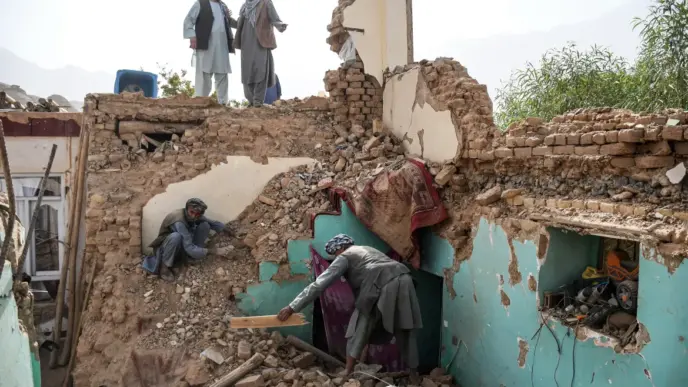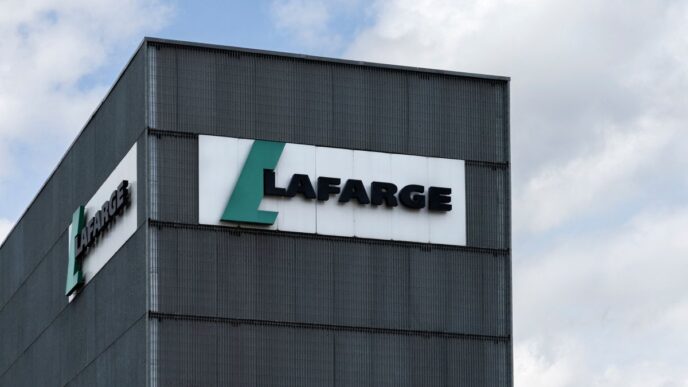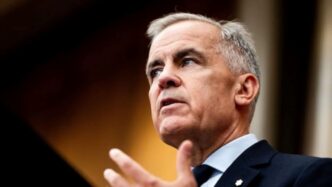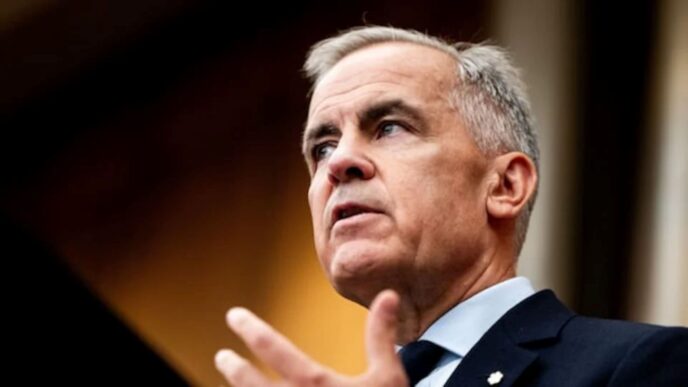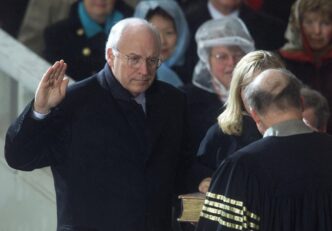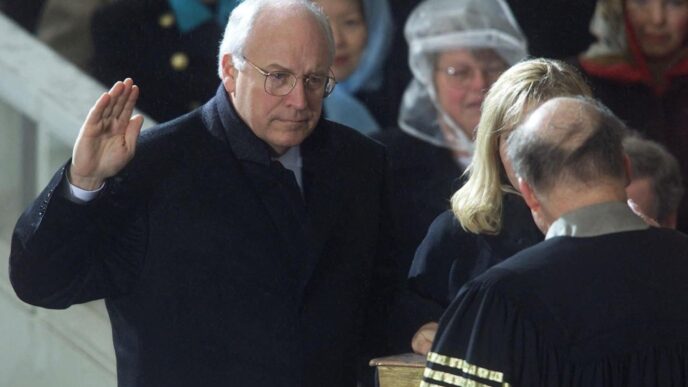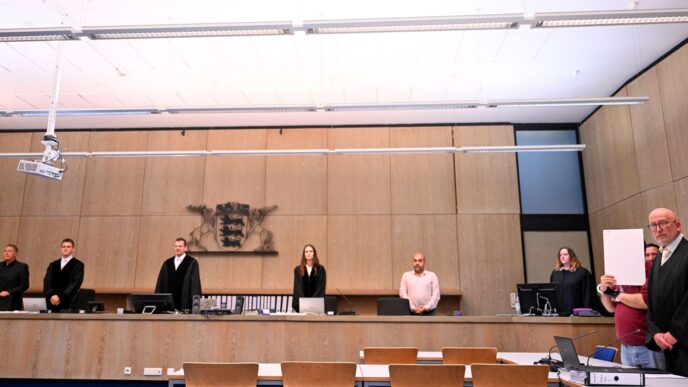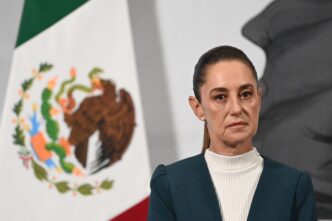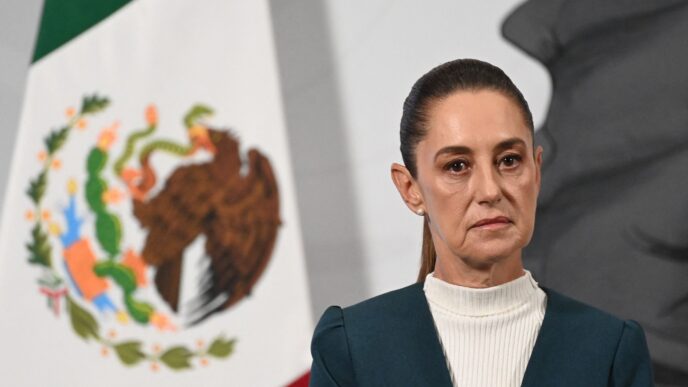The World Health Organisation (WHO) has warned that urgent and coordinated measures are needed to confront a deepening crisis in funding essential health systems, as many nations struggle with rising debt and shrinking international support.
The agency issued new guidance on Monday to help countries mitigate both the immediate and long-term consequences of sharp reductions in external financing, which have already caused major disruption to vital healthcare services worldwide.
Speaking to members of the African Union in Geneva, WHO Director-General Tedros Adhanom Ghebreyesus described the situation as a “global health financing emergency.”
He highlighted that longstanding donors, most notably the United States under former president Donald Trump, have significantly cut back foreign aid contributions. At the same time, other key donors have also imposed constraints on international assistance.
These reductions have severely affected poorer nations, particularly in Africa, where external aid plays a crucial role in supporting basic healthcare provision.
The WHO estimates that external financial support for health will fall by more than 30 per cent in 2025 compared with 2023.
Data published in March revealed that approximately 70 per cent of low- and middle-income countries were already experiencing immediate interruptions to essential health services.
Tedros noted that the cuts are leading to widespread shortages, with a third of countries reporting serious gaps in access to essential medicines and public health programmes.
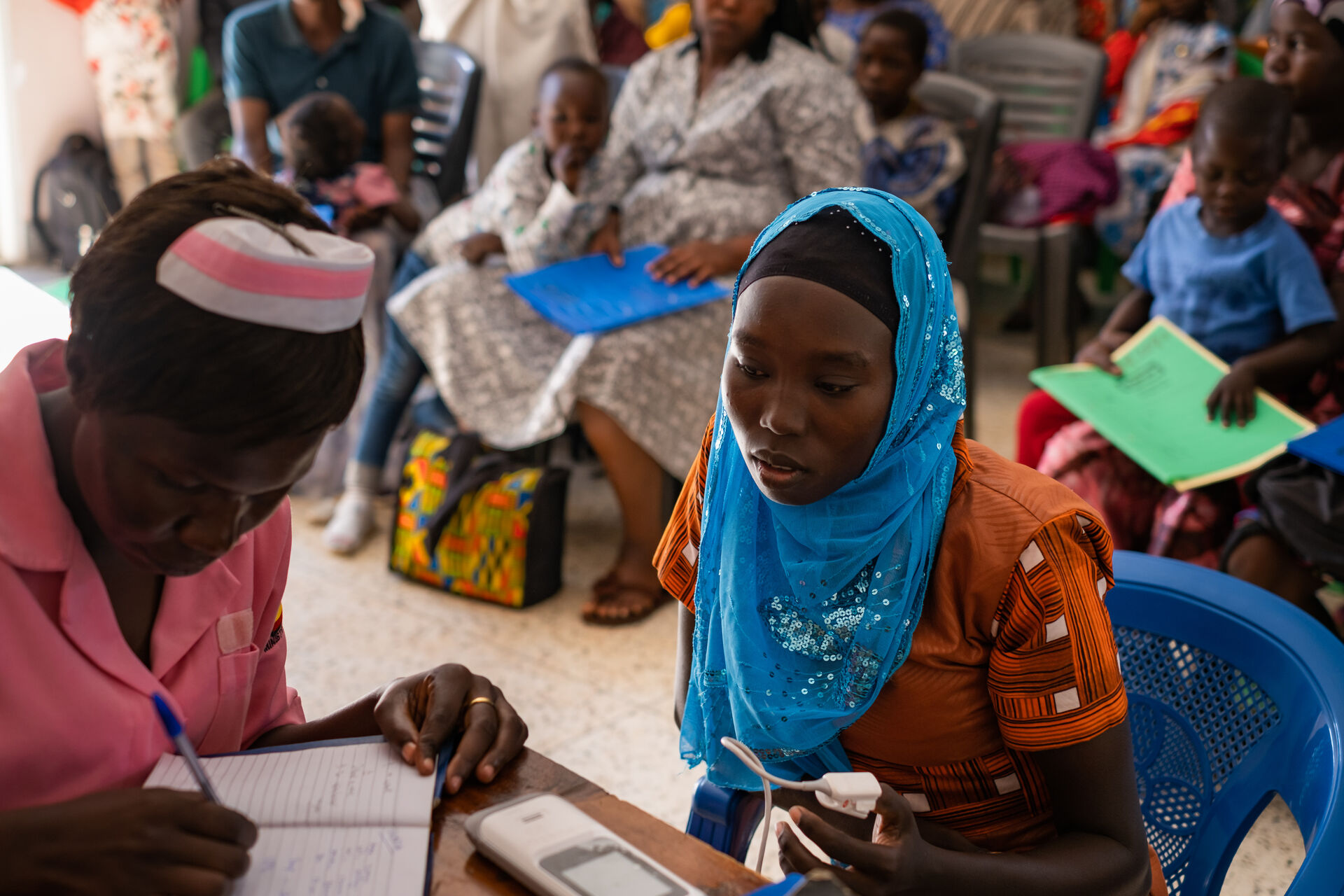
He also pointed out that health financing was already under strain before aid reductions, as the Covid-19 pandemic contributed to rising national debt and exposed decades of insufficient investment in the sector.
Despite the challenges, he argued that the current crisis offers an opportunity for countries to move away from dependency on foreign support and towards greater self-reliance and solidarity.
Peter Sands, Executive Director of the Global Fund to Fight AIDS, Tuberculosis and Malaria, echoed this view, saying it was now crucial for African states to accelerate their efforts to achieve health independence.
The WHO’s latest recommendations urge governments to increase health investment and ensure that the poorest populations remain able to access medical services.
The organisation also advised countries to safeguard health budgets even during financial pressures and to prioritise high-impact services and products that deliver the greatest benefit for every pound spent.
Several African nations are already taking steps to address the funding gap. Nigeria, which hosted Monday’s meeting, has increased its health budget by $200 million this year to compensate for reduced donor support.
Meanwhile, Ghana has removed the cap on excise taxes directed to its national health insurance scheme, resulting in a 60 per cent rise in funding.
Amma Twum-Amoah, the African Union’s health commissioner, emphasised that increased investment in healthcare should be seen as a catalyst for growth rather than an expense.
She stated that the continent must “fund its health future” and shift “from health dependency to health sovereignty.”


 Trending
Trending 
